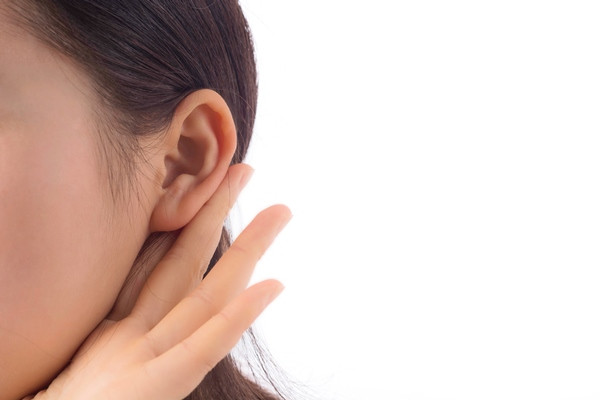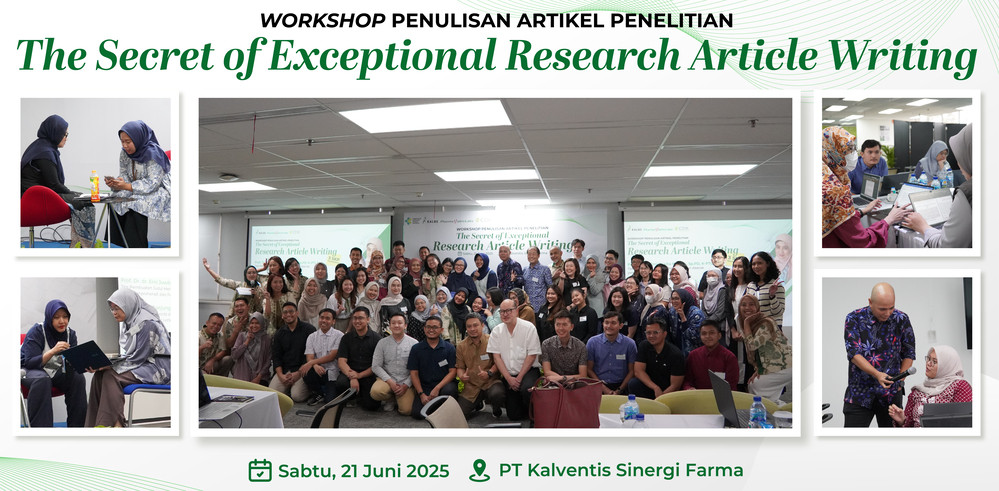
The ear is one of the five senses of human beings that is important for knowing the outside world through sound and helps maintain the balance of the human body. Normal hearing occurs when sound waves are captured by the outer ear, then enter the middle ear, and finally reach the inner ear. Inside the inner ear, the cochlear structure plays a role in converting sound stimuli into signals that can be transmitted through the auditory nerve to the hearing center in the brain.
Hearing loss is a condition where there is an interruption in the normal hearing process. This refers to any type of impairment that affects a person's ability to hear clearly or not hear at all. Hearing loss can be caused by a variety of factors, including abnormalities in the outer ear, middle ear or inner ear, as well as damage to the auditory nerve.
In general, the causes of hearing loss are:
- Sensorineural: Occurs due to sensory or nerve damage to the inner ear. This can be triggered by exposure to loud noise, aging, ear-damaging (ototoxic) drugs, certain diseases (e.g. meningitis), genetic factors, head trauma and structural abnormalities of the inner ear.
- Conductive: Occurs because of an obstruction that interferes with the transmission of sound (conduction). This condition can be triggered by earwax build-up, ear infections, eardrum damage, foreign bodies in the ear, ear deformities, ear trauma, and more.
- Mixed: Caused by a mixture of sensorineural and conductive disorders.
Symptoms of hearing loss may occur in one or both ears. The severity varies from mild to severe. Symptoms that can be experienced include:
- Difficulty hearing other people's speech clearly, or mishearing. This can especially be experienced in crowded situations.
- Frequently asking people to repeat themselves.
- Listening to music or TV louder than normal.
- Difficulty listening when using a cell phone or telephone.
- Difficulty hearing if people are not speaking to your face (e.g. from behind you).
Treatment largely depends on the cause of the hearing loss. Some devices can also help with hearing problems, such as hearing aids, cochlear implants, auditory brainstem implants and other techniques.
Some types of hearing loss cannot be prevented, for example due to changes or damage to the ear structure due to age or congenital conditions. However, there are some things that can be done to prevent hearing loss, such as:
Protect the ears from noise. Avoid constant exposure to loud noises, such as power tools, airplanes, firearms, or listening to loud music through earphones.
Keep your ears clean to prevent ear infections.
Avoid activities that risk causing injury or trauma to the ear, such as intense pressure when flying in an airplane or diving.
Image: Illustration (Source: evening tao-Freepik)
Reference:
1. Kementerian Kesehatan. Gangguan pendengaran [Internet]. Available from: https://ayosehat.kemkes.go.id/topik-penyakit/penyakit-organ-indera/gangguan-pendengaran.
2. Vedayanti PD. Menjaga kesehatan telinga [Internet]. 2023 Apr 17. Available from: https://yankes.kemkes.go.id/view_artikel/2346/menjaga-kesehatan-telinga.











